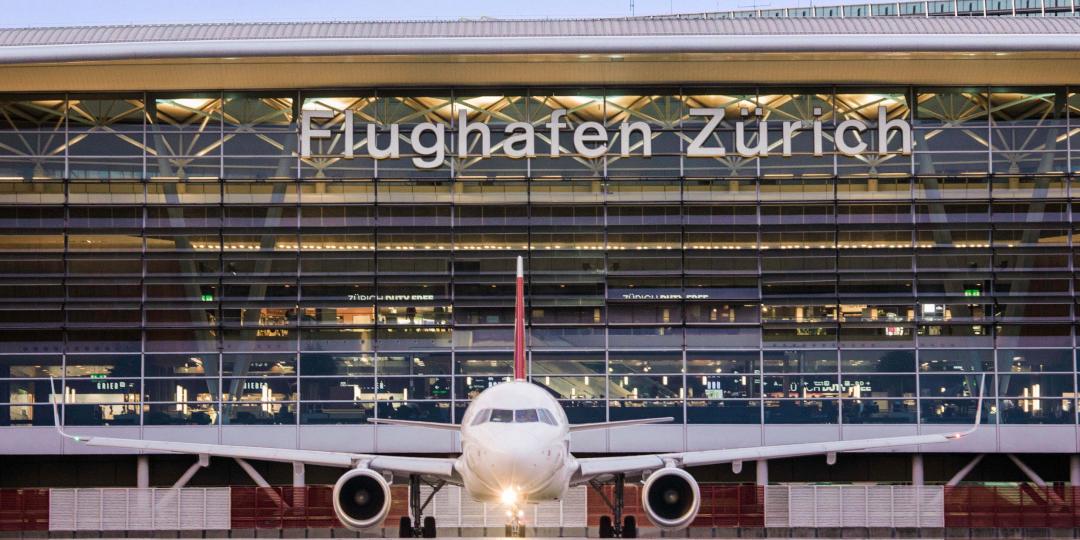In a signal turnaround of strategy in the management of the spread of COVID, Switzerland has amended its entry rules during the Coronavirus pandemic by lifting the obligation on vaccinated travellers, even from its list of high-risk countries, to quarantine, but simultaneously tightening testing rules.
The Swiss Federal Council issued a press release on December 4, saying from that date vaccinated passengers would not be obliged to enter quarantine because they had travelled from a country on a specific list.
However, unvaccinated third-country nationals wishing to enter the Schengen area from countries or regions at risk (such as Southern African countries) will be refused entry to Switzerland for short-term stays (tourism and VFR) without gainful employment of up to 90 days within a period of 180 days – apart from certain exceptions (hardship cases).
“In order to continue to prevent the new Omicron variant from entering the country as far as possible, a stricter testing regime will now apply for all arrivals into Switzerland. This testing requirement also applies to those who have been vaccinated or have recovered from the disease,” the Council said in the press release announcing the decision.
The new rules state that travellers will need to take a second test between the fourth and seventh day after their arrival in Switzerland. According to the website, Schengenvisainfo, the test can be a PCR or rapid antigen test. The idea is to detect infected persons who might have falsely tested negative in the first test. This second test is at the traveller’s own cost.
On Saturday, December 4, Swiss Health Minister, Alain Berset, warned that the Delta variant was still not under control while the country was now facing an outbreak of Omicron. “The situation is very serious,” said Berset. “We didn't want this, but we have to work with reality. Some hospitals have already reached their capacity limits.”
From today (Monday, December 6) everyone attending a public event must show a certificate that indicates they are fully vaccinated, recovered from COVID or have tested negative. A previous exemption for groups of under 30 people is no longer valid. This requirement will also apply for outdoor events of more than 300 people, instead of 1 000 as previously allowed.
Masks will be compulsory at events where certificates are required. People must be seated if consuming food or drink in restaurants and bars and give contact tracing details at sporting or cultural events.
People have been advised to use COVID certificates at private gatherings of more than 11 people, but this is not compulsory.
Event organisers and companies have also been given the option of restricting entry to vaccinated or recovered people and are at liberty to exclude unvaccinated people.
Additionally, rapid antigen test results will now only be valid for 24 hours rather than 48 hours.























